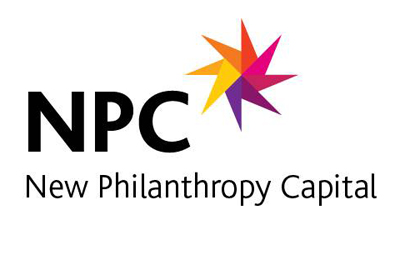 The well-being of pupils is at the heart of what schools do. It is built into everything schools do from lessons to lunchtimes, and in the formal and informal interactions between pupils and teachers. Schools know that anxious and unhappy young people don’t make good learners.
The well-being of pupils is at the heart of what schools do. It is built into everything schools do from lessons to lunchtimes, and in the formal and informal interactions between pupils and teachers. Schools know that anxious and unhappy young people don’t make good learners.
The formal part of well-being education often happens in PSHE (Personal Social Health & Economic Education) – lesson designed to help pupils develop the knowledge, understanding and skills they need to manage their lives, now and in the future.
Ofsted – the schools’ inspector in England – heavily emphasises what is calls the pupils’ ‘spiritual, moral, social and cultural development’, as well as how good the school is at promoting ‘resilience, confidence and independence’.
NPC’s Well-being Measure can be used to assess the effectiveness of specific strategies used by schools, such as learning mentors or buddying, or to gather an overall picture of pupils’ well-being. Both these functions are valuable in improving schools understanding of its pupils and demonstrating that the school reflects on its own practice – something that is important to pupils, to parents and to inspectors.
To read an example of how a school has used our Measure to assess the effectiveness of its transition strategy in year 7, click here.
To read a briefing on PSHE education and the new Ofsted framework from the PSHE Association, click here.



I agree with John, the formal part of well-being education often happens via PSHE lesson designed to help pupils develop the knowledge, understanding and skills they need to manage their lives, now and in the future. Great lesson!